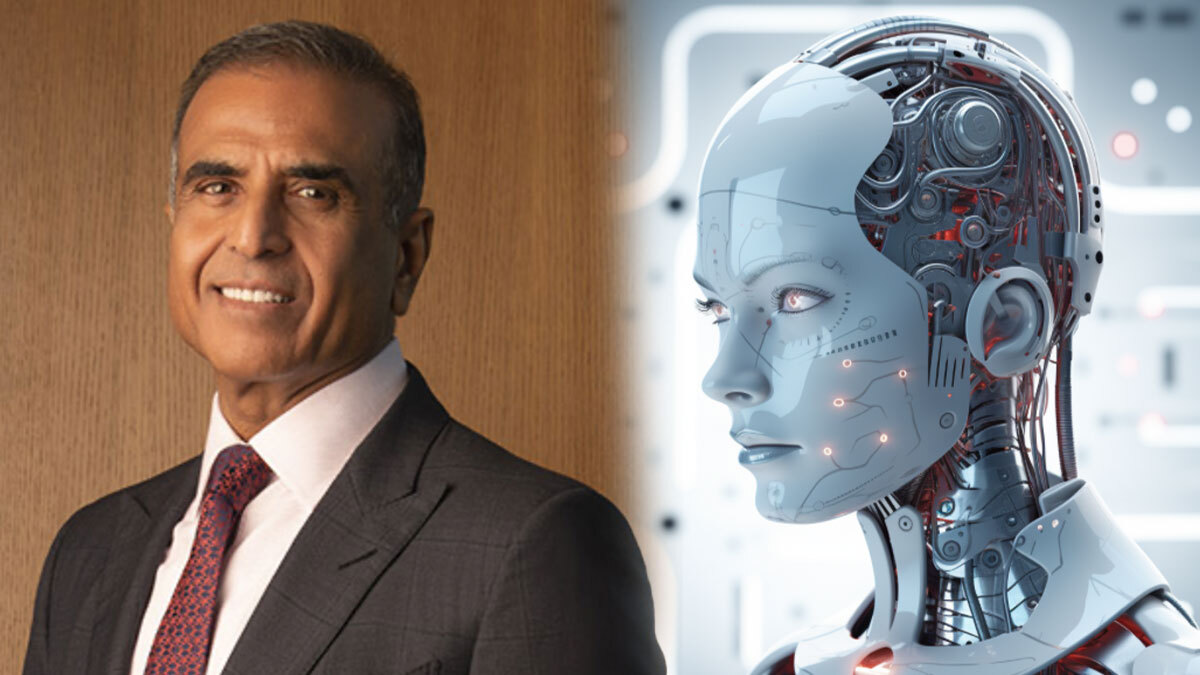An Indian billionaire has revealed a shocking encounter with an AI-powered scam that almost defrauded his company in Dubai. This incident highlights growing concerns about the misuse of artificial intelligence, particularly deepfake technology.
Sunil Bharti Mittal, the founder and chairman of Bharti Enterprises, shared his experience during the NDTV World Summit on Monday. He described how a fraudster used an AI clone of his voice to trick one of his senior executives into nearly authorizing a significant financial transfer.
“One of my senior finance executives in Dubai, who handles our Africa headquarters, got a call in my voice, my tone, directing him to make a large money transfer,” Mittal explained. “He was sensible enough to realise that I would never make such a request over the phone.” Thanks to the executive’s quick thinking, he reported the suspicious call, preventing a major financial loss. “When I heard the recording, I was quite stunned by how perfectly it was articulated. It sounded exactly like how I would speak,” Mittal added.
This incident raises alarms as global concerns about AI misuse, especially deepfake technology, continue to escalate. The UAE Cyber Security Council recently issued a warning regarding the risks associated with deepfake content, emphasizing the threats of fraud, privacy violations, and misinformation. Deepfakes—AI-generated media that imitate real individuals—can produce highly convincing yet entirely fabricated videos, images, or audio, posing serious risks to individuals and organizations.
To combat these threats, the UAE Cyber Security Council has launched an awareness campaign, cautioning that sharing deepfake content may lead to fraud or legal repercussions. They urge the public to verify the authenticity of digital content before sharing it.
A recent survey by Kaspersky Business Digitisation revealed that while 75 percent of UAE employees believed they could identify a deepfake, only 37 percent succeeded in distinguishing between real and AI-generated images during tests. Cyber experts warn that organizations remain highly susceptible to deepfake scams, including fraudulent videos or audio of CEOs authorizing wire transfers.
Dmitry Anikin, senior data scientist at Kaspersky, highlighted the importance of ongoing vigilance. “Many employees overestimate their ability to recognise deepfakes, which poses a significant security risk. Cybercriminals are increasingly using this technology to impersonate executives, enabling scams and extortion,” he stated.





